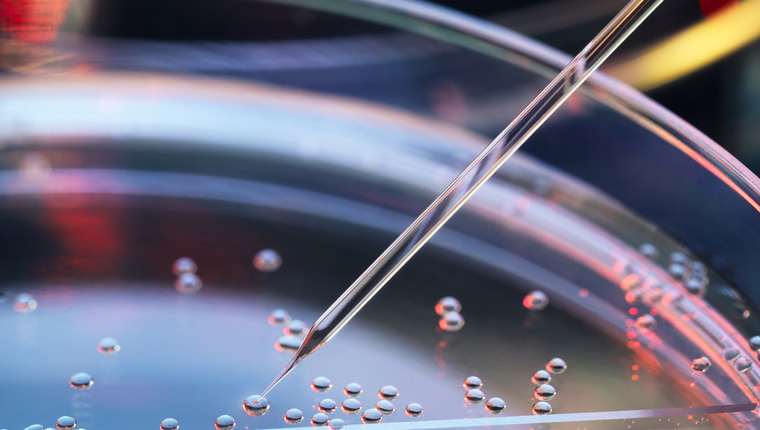
At the National University of Singapore, scientists are using stem cell technology to treat dog cancer.
Amazingly, researchers from the Yong Loo Lin School of Medicine bio-engineered stem cells to hunt down canine cancer cells and…


At the National University of Singapore, scientists are using stem cell technology to treat dog cancer.
Amazingly, researchers from the Yong Loo Lin School of Medicine bio-engineered stem cells to hunt down canine cancer cells and…



